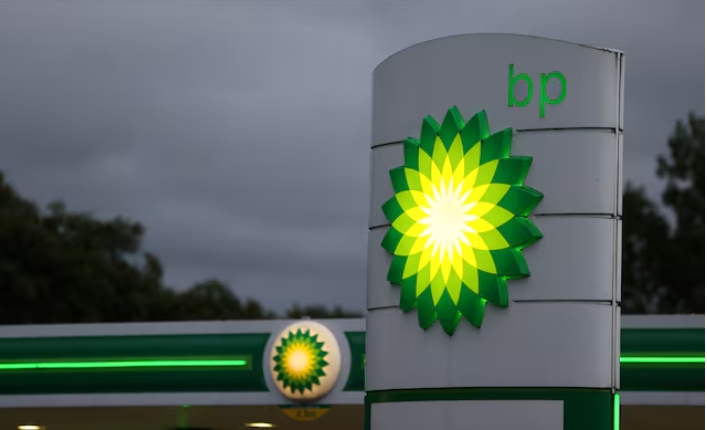
The company's U.S. Gulf of Mexico output last year averaged 300,000 barrels of oil and gas per day and it is targeting 400,000 bpd by 2030, Andy Krieger, BP's senior vice president of its Gulf of Mexico and Canada business, said at the Offshore Technology Conference.
BP earlier said it was aiming to reach 400,000 bpd net capacity across its assets in the U.S. Gulf of Mexico by mid-decade, according to its website.
BP discovered Tiber in 2009 in an area with a resource capacity estimated to be 9 billion barrels of oil and gas across five discoveries, and because all have already been penetrated, they do not need exploration, Krieger said.
The Kaskida project, near the Tiber project in the U.S. Gulf of Mexico, also is set for a final investment decision this year, he said.
"The carbon intensity on a per-barrel basis in the Gulf of Mexico is some of (the) lowest in the globe, so investing in a place like the Gulf is consistent with our environmental strategy and targets,” Krieger told Reuters on the sidelines of the conference.
"Offshore and deepwater is a fundamental part of our oil and gas business, and a region like the Gulf of Mexico is incredibly important and value-adding to BP", he added.
The company reported on Tuesday first quarter earnings of $2.7 billion, missing forecasts, while the company extended its $1.75 billion share repurchase programme. Shares were off 1.7% in late morning trading on Tuesday.